Do people in Arizona actually water their lawn this way?
alexander3_gw
18 years ago
Featured Answer
Sort by:Oldest
Comments (11)
kactuskathi
18 years agoRelated Professionals
Reading Landscape Architects & Landscape Designers · Forest Acres Landscape Architects & Landscape Designers · Lakewood Landscape Architects & Landscape Designers · Cambridge Landscape Contractors · Canby Landscape Contractors · Canton Landscape Contractors · Estelle Landscape Contractors · Lewisville Landscape Contractors · Olympia Landscape Contractors · Oviedo Landscape Contractors · Stallings Landscape Contractors · Wentzville Landscape Contractors · Chicago Ridge Landscape Contractors · Fair Oaks Carpenters · South Miami Carpentersdrygulch
18 years agosirjonny
18 years agotomatofreak
18 years agolazy_gardens
18 years agojimdaz
18 years agobirdlady_in_mesa
18 years agoalexander3_gw
18 years agoGardenHits
18 years agoFred Cain
2 years ago
Related Stories
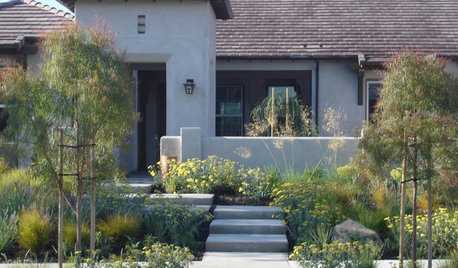
LANDSCAPE DESIGNGet Along With Less Lawn — Ideas to Save Water and Effort
Ditch the mower and lower your water bill while creating a feast for the eyes with diverse plantings and gathering places
Full Story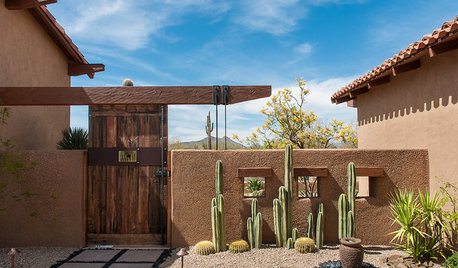
HOUZZ TOURSHouzz Tour: Luxury and Ruggedness Blend in the Arizona Desert
With Southwest territory style outside and a contemporary look inside, this home offers every comfort in an easygoing way
Full Story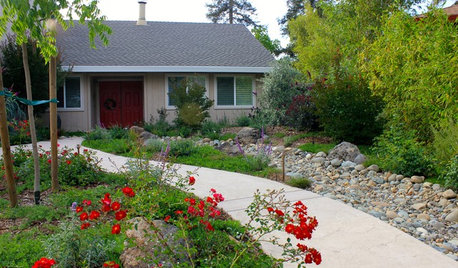
LANDSCAPE DESIGNCalifornia Says Goodbye to the Sprawling Ornamental Lawn
New state rules will effectively limit turfgrass to 25 percent of the landscape in most new and renovated yards
Full Story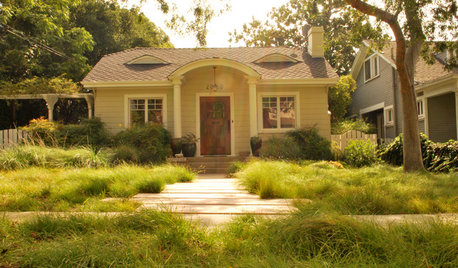
MOST POPULARMeet a Lawn Alternative That Works Wonders
Carex can replace turfgrass in any spot, is low maintenance and adjusts easily. Add its good looks and you’ve got a ground cover winner
Full Story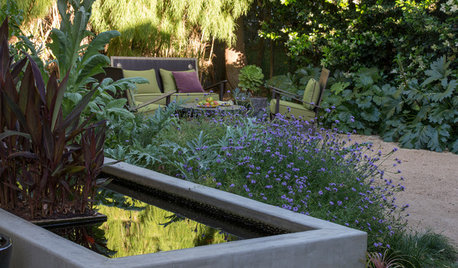
SAVING WATERHouzz Call: Are You Letting Go of Your Lawn?
Many facing a drought are swapping turf for less thirsty plantings. If you’re one of them, we’d like to hear about it
Full Story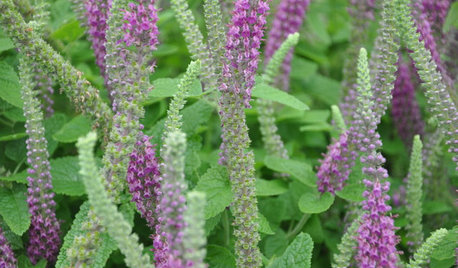
FEEL-GOOD HOME9 Smells You Actually Want in Your Home
Boost memory, enhance sleep, lower anxiety ... these scents do way more than just smell good
Full Story
LIFEThe Top 5 Ways to Save Water at Home
Get on the fast track to preserving a valuable resource and saving money too with these smart, effective strategies
Full Story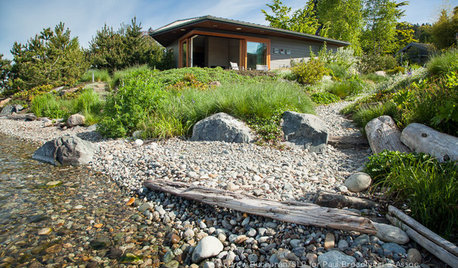
INSPIRING GARDENSLawn Gives Way to a More Natural Lakeside Garden
Meadow grasses, beach pebbles and driftwood replace turfgrass in a nature-friendly landscape on Lake Washington’s shore
Full Story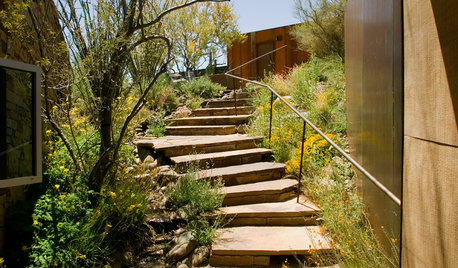
ARCHITECTUREHouzz Tour: A Pond House in the Arizona Desert
With water in the back and a descent to get in, this skillfully designed modern home keeps its cool in the Southwestern sun
Full Story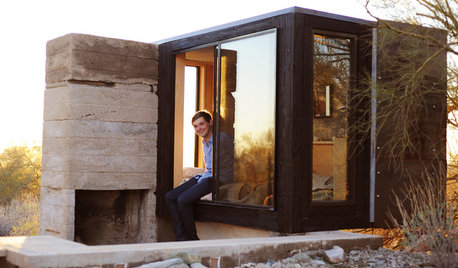
SMALL HOMESHouzz Tour: A Student's Bed-Size Shelter in the Arizona Desert
Could you sleep in such a small space just above the desert floor? One Taliesin architecture student at a time does just that
Full StoryMore Discussions







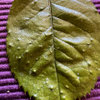
aztreelvr